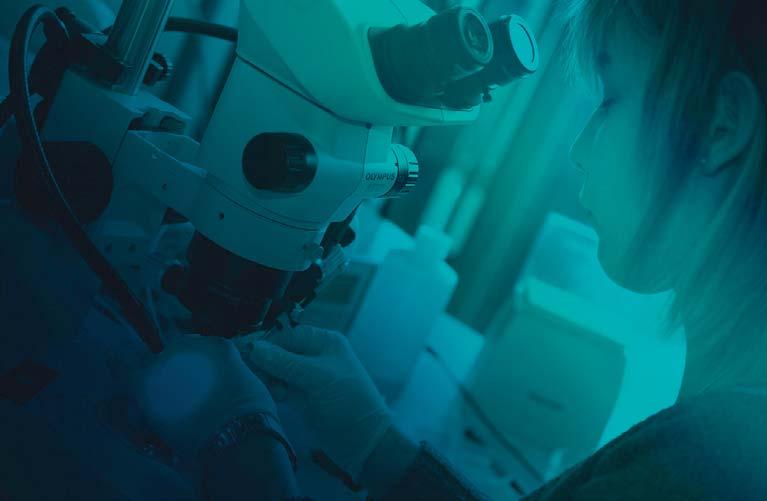beMedTech: medical technologies as enablers for a sustainable and value-driven healthcare system Interview with Mr Marnix DENYS, Director, beMedTech - Medical investment goods (Medical Equipment and Systems – MES, with or without software); - Medical Consumables (hearing aids, needles, wound care, eye contact lenses, mobility aids, etc.); - In vitro diagnostics (IVD); - Digital & Extra Muros Medtech, including Digital Health, as part of a transfer of care from the hospital to the home or in elderly homes.
C
ould you tell us about beMeTech and the sector you represent? beMedTech, created in 1958, is the Belgian federation of the medical device industry and represents almost 200 companies, accounting for 80% of the market involved. Our members are manufacturers and / or distributors of medical devices. They help patients and caregivers by providing innovative, high-quality and high-tech solutions. Together they bring more than 500,000 medical technologies to the patient. They realize an annual turnover of € 2.4 billion, excluding exports, accounting for around 17,000 jobs in Belgium. Our members can rely on a team of 10 people, including myself and my secretary, 5 advisors (one for each main product group, see below) and experts on data & health economics, communications and external relations and trainings. Evidently, we work closely together with our members. beMedTech has set up 40 working groups that are product related such as hearing aids, pacemakers, diabetes care, in vitro diagnostics, etc. Transversal topics such as ethics & compliance and health economics are addressed in specific working groups.
© Jerry De Brie
What services do you offer to your members? Basically, beMedTech supports them to be successful within the Belgian context. This implies support to get the correct reimbursement for new technologies, the appropriate legislation, … to facilitate better patient access to and financing of medical technology. Let me give you an example: before 2018 companies responding to a tender for a scanner in a hospital had to pay individually for the services of an engineer to ensure that the hospital floor could support the weight of the scanner. But if the winning company had a return on its expenses thanks to the sale of the scanner, the others had paid for nothing. That is why we made the following proposal: the hospital itself appeals to an engineer to draw up an expert report and the winning company pays. This solution is far better for all stakeholders!
We offer our members the perfect mix of information and impact. They can rely on up-to-date information, expert advice and a number of services (such as training and subscriptions to online databases). Furthermore, they can have a real impact on policymaking through our direct contact link with public administrations and policy makers. Over the past years we have built up a wide expertise through our representation within a wide range of committees inside the FAMHP (Federal Agency for Medicines and Health Products), NIDHI (National Institution for Disease and Health Insurance), without forgetting the regional authorities, since mobility aids (like wheel chairs) now belong to their competence. Through the steering committee of the MedTech Pact, we have regular interactions with the Federal Ministry of Health. Lastly, we interact with other parties involved in health care like health expert associations, industry partners and patient associations.
What do you see as the main mission and priorities for beMedTech? The common goal that unites all our members and drives everything we do is the knowledge that medical technologies can contribute significantly to keeping the Belgian healthcare system qualitative and sustainable. To grasp why this is so important you need to keep in mind the current context: the Belgian population is aging rapidly. Today, the number of 65+ people amounts to 2.2 million and should reach 2.9 million in 2030. This evolution has two immediate effects: first it puts a strain on the healthcare budget, knowing that health expenditure increases with age; second it exerts a huge stress on human resources since care givers are getting older too! Yet more resources are needed to care for the aging population. It is therefore foreseeable that the shortage of healthcare providers for the elderly will increase.
Which are your fields of expertise? Medical technologies cover a huge area of + 500,000 healthcare solutions which are organized into 5 pillars or main product groups: - Implants;
Our healthcare system is under enormous pressure from both factors. Nevertheless, we need to make sure that our healthcare remains of high quality and accessible in the future. To do so a 52

















































































































